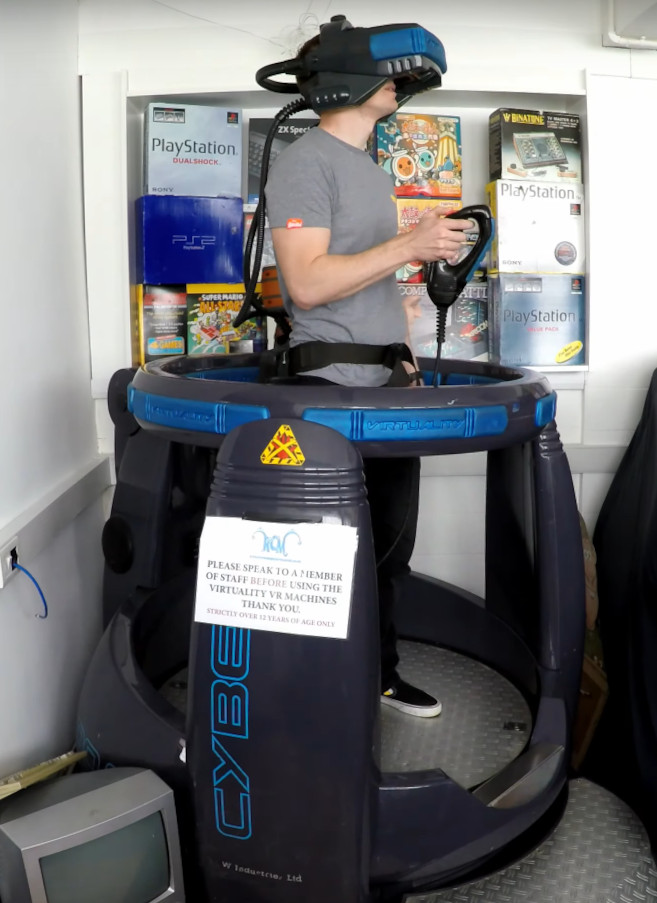Virtual Reality Shows Potential to Enhance Immune Responses, Study Finds

In a groundbreaking study published in the *Nature Neuroscience* journal on July 28, 2025, researchers from the University of Geneva revealed that virtual reality (VR) can stimulate the human immune system in response to perceived health threats. The study, led by Dr. Camilla Jandus, an immunologist, involved 248 healthy young participants who were immersed in a VR environment populated with avatars exhibiting various signs of illness. The results indicated that even simulated exposure to sick individuals could trigger biological responses similar to those activated by actual infections.
During the experiment, participants wore VR headsets that transported them to a virtual setting filled with avatars displaying symptoms like rashes and coughs. The study found that the participants' brains activated specific neural pathways associated with threat detection, known as the salience network, when exposed to the sick avatars. Dr. Jandus noted, "To see cell changes within a few hours, we really didn't expect that." Blood samples collected during the study showed increased activity in innate lymphoid cells, which play a crucial role in the immune response, suggesting that the body can preemptively gear up for infection even in the absence of a real pathogen.
This research aligns with previous findings that indicate the body can act as a 'smoke detector' for potential health threats. The implications of these findings could be significant, as they suggest that VR might serve as an innovative tool for bolstering immune responses, possibly complementing traditional methods such as vaccinations. Jandus' team is currently exploring how VR scenarios that simulate bacterial or viral threats can further influence immune system reactions.
While the study's findings are promising, the researchers caution that further investigations with larger groups are necessary to validate the results. There remains uncertainty about whether the immune response elicited by VR exposure is as robust and enduring as that stimulated by actual infections or vaccines. Dr. Jandus emphasized the potential of VR in serving as a form of exposure therapy, particularly for individuals with allergies, by preparing their bodies to react more effectively when faced with real allergens or infections. The ongoing research aims to establish whether these virtual experiences can enhance the efficacy of vaccinations, ultimately paving the way for innovative health interventions that utilize technology to improve public health outcomes.
Advertisement
Tags
Advertisement





